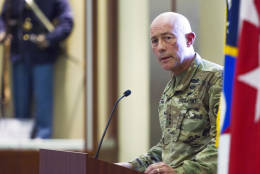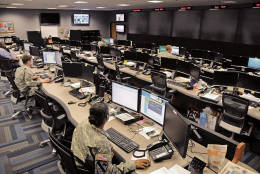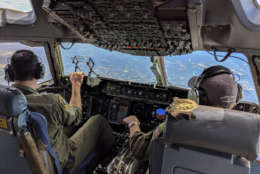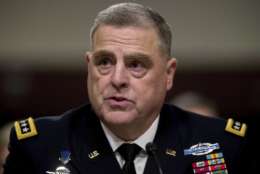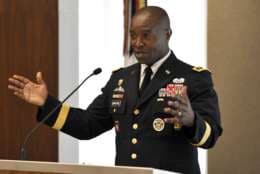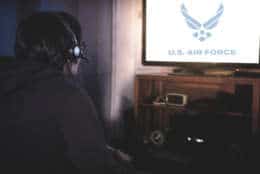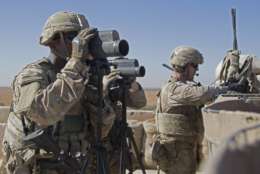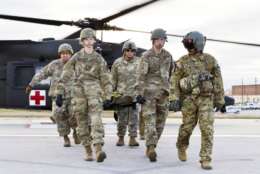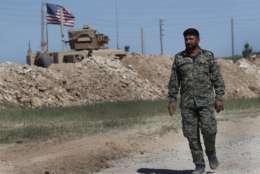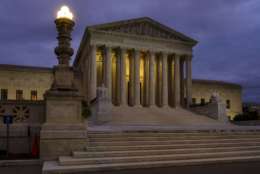Army
-
The Army Reserve is placing itself in strategic locations to get talented people to become soldiers.
January 30, 2019 -
In today's Federal Newscast, President Donald Trump hints that another government shutdown is likely after funding runs out again in three weeks.
January 28, 2019 -
1st Lt. Michael Ferguson has combat experience in Iraq and Afghanistan, is a former Army Ranger instructor and writes regularly about national security.
January 18, 2019 -
National Guard cyber teams are helping with police networks, elections and national missions.
January 18, 2019 -
After years of uncertain budgets and constant war, the military services say they are near adaquate readiness levels.
January 16, 2019 -
Army CIO Lt. Gen. Bruce Crawford said moving to a hybrid cloud is part of how the service is reducing data centers and making data accessible.
January 14, 2019 -
In today's Federal Newscast, Sen. Gary Peters (D-Mich.) wants to know why the National Parks Service reopened the Old Post Office Tower within the D.C. Trump Hotel during the government shutdown.
January 14, 2019 -
Lt. Gen. Bruce Crawford, the Army’s chief information officer, said the service’s new artificial intelligence task force will focus on tasks ranging from automating cybersecurity to identity management.
January 11, 2019 -
The new video game will essentially test players' skills for the Air Force and use those results to directly recruit them.
January 11, 2019 -
The Army plans to arm its recruiters with neighborhood-by-neighborhood market research data and diversity its marketing messages in an effort to boost accession rates.
January 11, 2019 -
The Army wants to keep its Medical Research and Materiel Command, despite a 2019 law taking it away.
January 10, 2019 -
Bloomberg Senior Defense Analyst Rob Levinson joined Federal Drive with Tom Temin with details about the effects on contracts if the U.S. pulls out of Syria.
January 10, 2019 -
In today's Federal Newscast, federal courts will be able to continue operating until Jan. 18 with their limited funds during the partial government shutdown.
January 08, 2019 -
A bill in Congress would make sure federal employees who work in security, food service, and janitorial services, get reimbursed after the government shutdown ends.
January 07, 2019 -
The US Army Research Institute of Environmental Medicine has developed a way to more accurately predict when a soldier is in danger of overheating.
January 02, 2019

